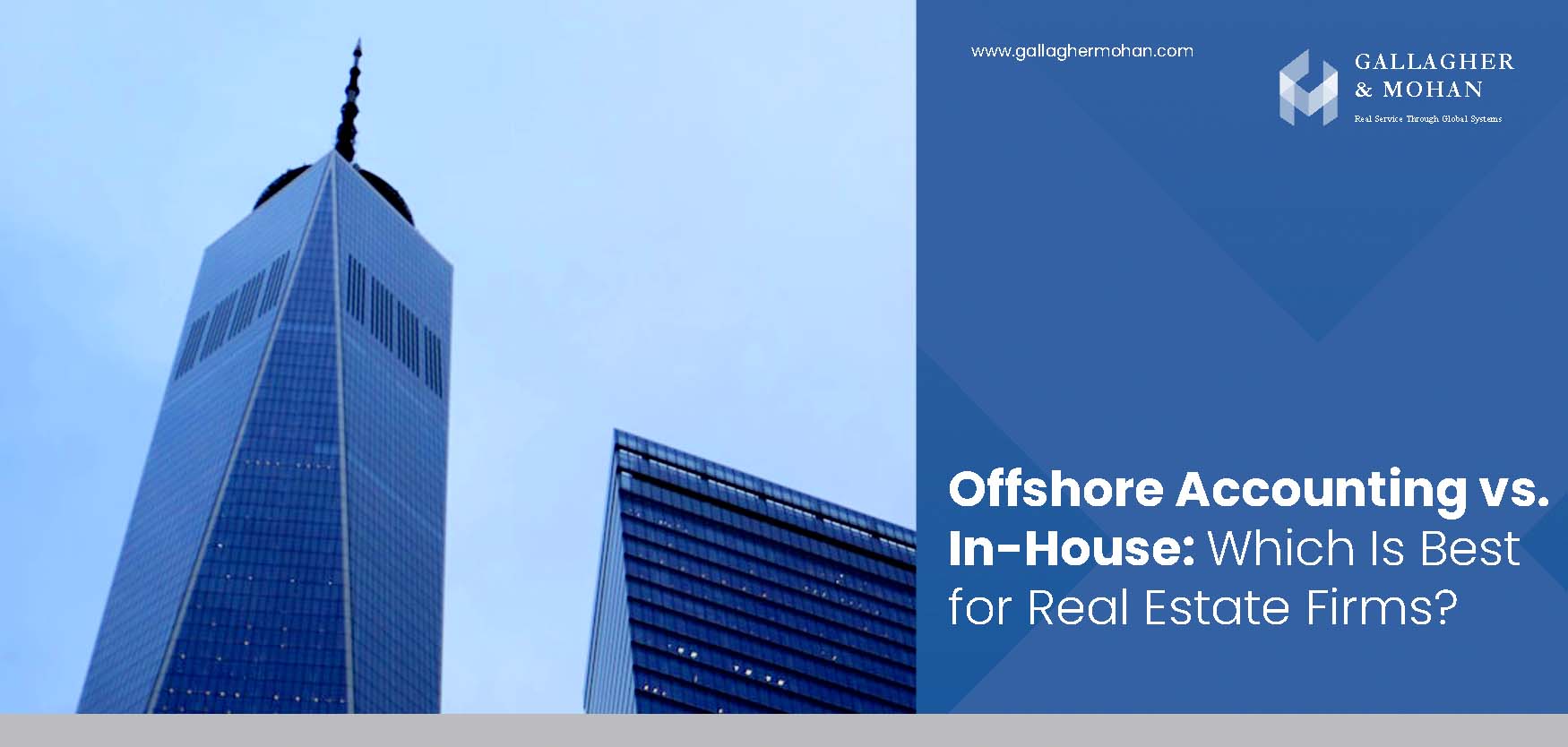16 January 2025
The Importance of Due Diligence in Selecting an Asset Management Company
Choosing the right asset management company is one of the most critical financial decisions you may face. Whether you're planning for retirement, building wealth, or managing a family trust, the company you select to oversee your investments can significantly impact your financial future. Conducting thorough due diligence is an essential step in ensuring you make an informed decision.
Due diligence involves an in-depth evaluation of a company's operations, financial stability, services, and reputation before entrusting them with your assets. In the context of asset management, it means assessing whether a firm's investment strategies, track record, fees, and organizational culture align with your financial objectives and values.
This article explores the importance of due diligence in selecting an asset management company and offers guidance on how to conduct this critical evaluation effectively.
Understanding Due Diligence
In asset management, due diligence refers to the process of systematically gathering and reviewing information about a firm's investment strategies, performance history, fee structure, regulatory compliance, and market reputation. This research helps investors mitigate risks such as poor returns, hidden costs, or unethical practices.
The goal is to ensure that the asset management company prioritizes its clients' interests and possesses the expertise to manage your investments prudently.
Why Due Diligence Is Crucial
When you entrust your money to an asset management firm, you are relying on their expertise to make financial decisions that can shape your future. Here are some key reasons why due diligence is vital:
- Alignment with Your Financial Goals
Investors have unique objectives, ranging from long-term growth to wealth preservation or short-term income. A reputable asset management firm should have the expertise and strategies to meet these diverse goals. Due diligence ensures that their approach aligns with your specific requirements, whether you're interested in socially responsible investing or sector-specific strategies.
- Evaluation of Investment Strategies
Different firms employ varying investment strategies, such as active versus passive management or growth versus value investing. These strategies come with distinct levels of risk and reward. Conducting due diligence helps you determine whether a firm's approach matches your risk tolerance and investment style, ensuring a better fit for your financial plan.
- Minimizing Financial Risks
Selecting the wrong asset management company can result in significant financial losses due to ineffective strategies or unsound decision-making. Researching a firm's past performance, risk management practices, and strategic decisions can help identify reliable partners with a proven track record.
- Understanding Fees and Costs
Asset management firms charge various fees, which can include management fees, performance-based fees, and other hidden costs like trading expenses. A thorough review of these charges during the due diligence process ensures you are fully aware of the total costs and how they may impact your investment returns.
- Ensuring Trust and Reputation
Trust is essential when choosing an asset management firm. Researching the company’s market reputation, regulatory compliance, and client reviews provides valuable insights into its reliability. Due diligence allows you to verify whether the firm adheres to ethical practices and prioritizes transparency in its operations.
- Assessing Risk Management Practices
Effective risk management is a cornerstone of successful investing. By evaluating a firm's strategies for diversifying investments, adhering to clear guidelines, and conducting portfolio reviews, you can gauge whether their risk management aligns with your tolerance and financial objectives.
Steps to Conduct Due Diligence
Here are some practical steps to ensure a comprehensive evaluation:
- Analyze the Firm’s Track Record
Review the company's performance over a 5- to 10-year period, paying attention to how it managed portfolios during both favorable and challenging market conditions. Consistent success over time can be a strong indicator of expertise.
- Assess the Management Team
Research the qualifications and experience of the firm's key executives and portfolio managers. Look for professionals with a proven track record in areas relevant to your investment goals, such as real estate, equities, or fixed income.
- Evaluate the Investment Process
Understand the methodologies the firm uses, such as fundamental or technical analysis, and ensure their strategies align with your investment objectives. Transparency in their investment process is a key factor to consider.
- Examine Fees and Costs
Request a detailed breakdown of all fees, including management fees, performance-based fees, and transaction costs. Compare these costs across firms to determine which offers the best value while maintaining high standards of service and performance.
- Review Customer Service Standards
Effective communication and support are crucial when navigating financial markets. Evaluate the firm’s responsiveness, reporting processes, and overall customer service quality to ensure a seamless experience.
- Verify Regulatory Compliance
Confirm that the company is registered with relevant financial authorities, such as the SEC in the United States, and check for any history of legal or compliance issues. A firm with a clean regulatory record is less likely to engage in unethical practices.
Conclusion
Selecting the right asset management company is a critical decision that requires careful thought and research. Conducting thorough due diligence allows you to make an informed choice based on a clear understanding of a firm's performance, investment strategies, fees, and reputation.
By investing the time and effort to evaluate your options, you increase the likelihood of finding a trustworthy partner who can help you achieve your financial goals while protecting your investments. Whether you are a seasoned investor or just starting, due diligence is a step you cannot afford to skip.
Ready to elevate your real estate portfolio? Partner with our expert Real Estate Asset Management team for tailored strategies that maximize value and drive success. Contact us today to learn how we can help you achieve your financial goals!



